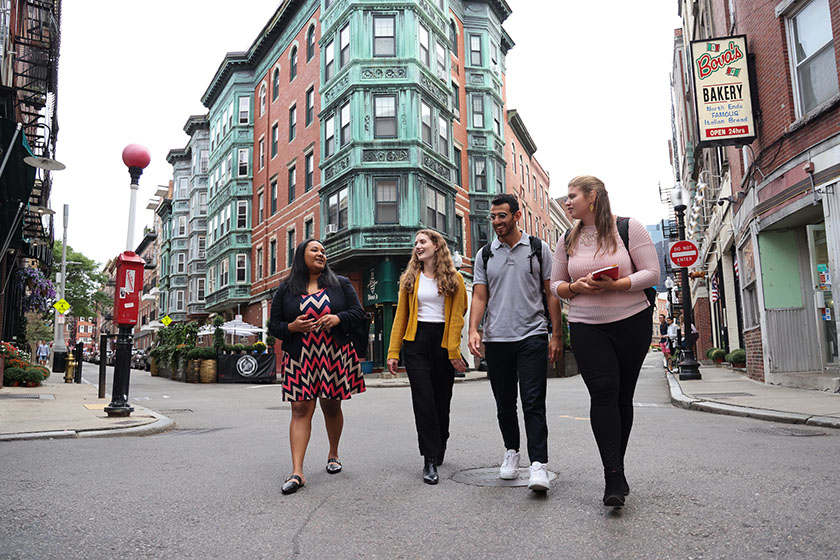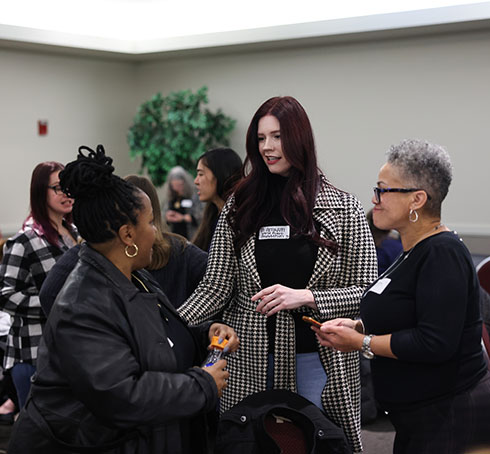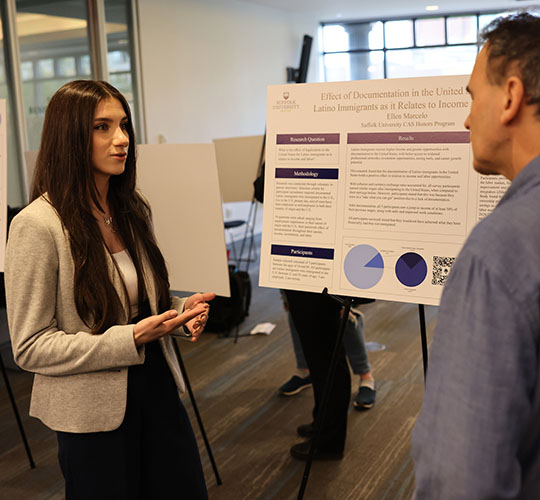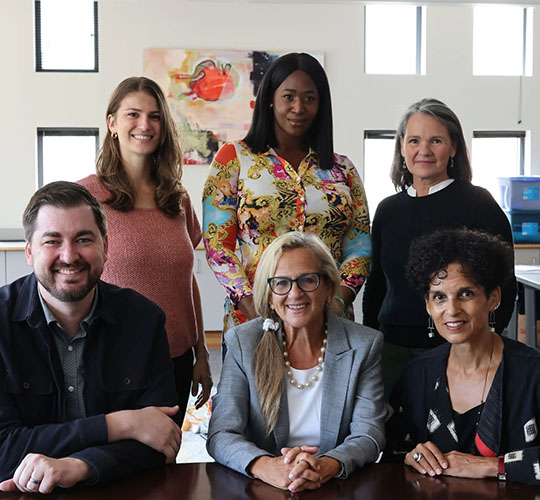Program Options
The Major
Our curriculum emphasizes the intersectionality of criminal justice and social justice. You’ll gain a solid understanding of the American criminal justice system within its broader historical and institutional contexts, and consider how its procedures create or exacerbate inequalities based on characteristics such as race, class, and gender. Your courses will also explore the theories behind crime—what constitutes a crime and who gets to decide its definition—while giving you a strong foundation in social research methodologies and techniques.
We also offer a wide range of electives so you can dive deep into the topics that matter most to you. Topics include restorative justice, crime and mental health, violence, law and public policy, policing, global criminology, juvenile justice, and much more.
View the Criminal Justice Major Curriculum
The Minor
Learn about the criminal justice system and examine how our society defines, categorizes, and responds to crime. To complete this minor, you’ll take two required courses and three electives of your choice.
View the Criminal Justice Minor Curriculum
Customize Your Degree
Students are allowed to double major in criminal justice and sociology or major in one and minor in the other. Other popular majors and minors often paired with a criminal justice major include:





 Visit Us
Visit Us Request Info
Request Info Apply
Apply



